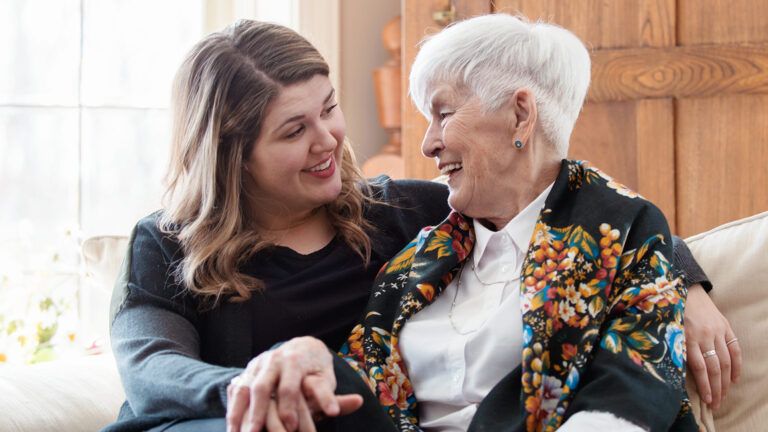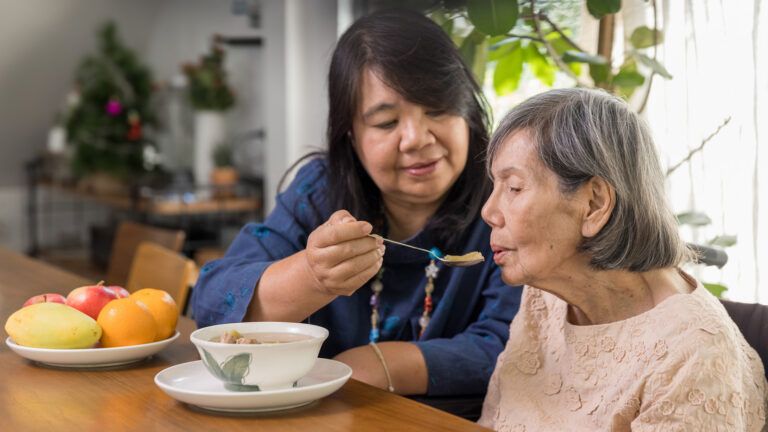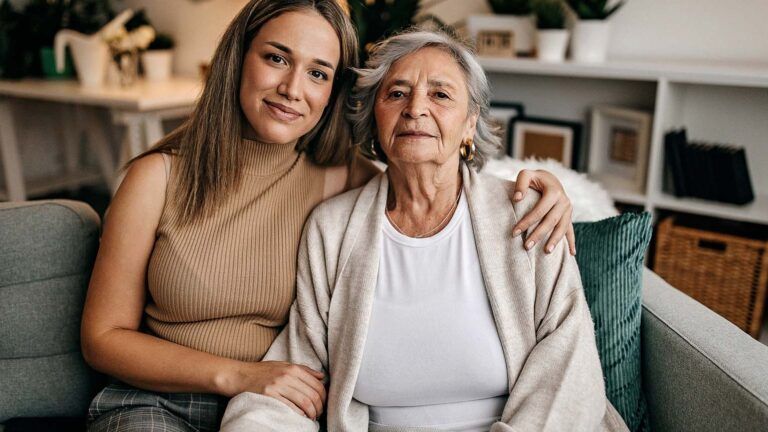Content provided by Home Instead Senior Care.
Most older adults want to age at home with many seniors reportedly dreading the alternative. A study by Clarity and the EAR Foundation shows that older people fear losing independence (26%) and moving to a nursing home (13%) much more than they fear death (3%).
Yet choosing to live independently is not without risk. Family caregivers should know the signs that their loved one might need help at home. The following checklist from the Home Instead Senior Care network helps identify what family caregivers should look for when they are in a senior’s home:
- Look in refrigerator, freezer and drawers. Has food spoiled because Mom can’t get to the grocery store? Does she have difficulty cleaning tight, cluttered places?
- Look over the grocery list. Has your loved one’s declining health prompted her to purchase more convenience and junk foods, and neglect proper nutrition? Is she losing weight?
- Look on top of furniture and countertops. Are dust and dirt signs that household tasks are becoming more difficult for your parents?
- Check towel bars in bathrooms and shower areas. Have they become loose, indicating that a senior’s balance is shaky? Are wet surfaces causing a hazard?
- Look down at floors and stairways. Have shaky hands spilled drinks and food, soiling vinyl, wood, carpets and walkways? Are frayed carpets, throw rugs, objects and furniture creating tripping hazards? Does Dad’s bad knee put him at greater risk on cracked sidewalks and with broken stair rails?
- Look next to and under beds and sofas. Is your senior having difficulty organizing old newspapers, books and magazines, which are creating a fire hazard?
- Look through the mail. Is Mom’s dementia causing her to forget to pay bills and answer correspondence?
- Look below bathroom and kitchen sinks. Is poor eyesight making it difficult for your elderly relative to read medication labels and to properly store cleaning materials? Is he forgetting to refill medications and to take them on schedule? Check the refill date against the number of pills in the bottle to help determine if your loved one is taking medication regularly. Or call the pharmacy.
- Look at your senior’s appearance. Does clothing have spots or appear dingy? Is your loved one neglecting personal hygiene?
- Look to your parents’ neighbors and other close friends to find out about their daily routine. Are your seniors at home more, watching television and avoiding stimulating conversation and companionship?
If you notice any of the signs above, your senior loved one could need help at home. Consider suggesting to your older adult the assistance of a professional caregiving company. For more resources and support for family caregivers, check out CaregiverStress.com.






